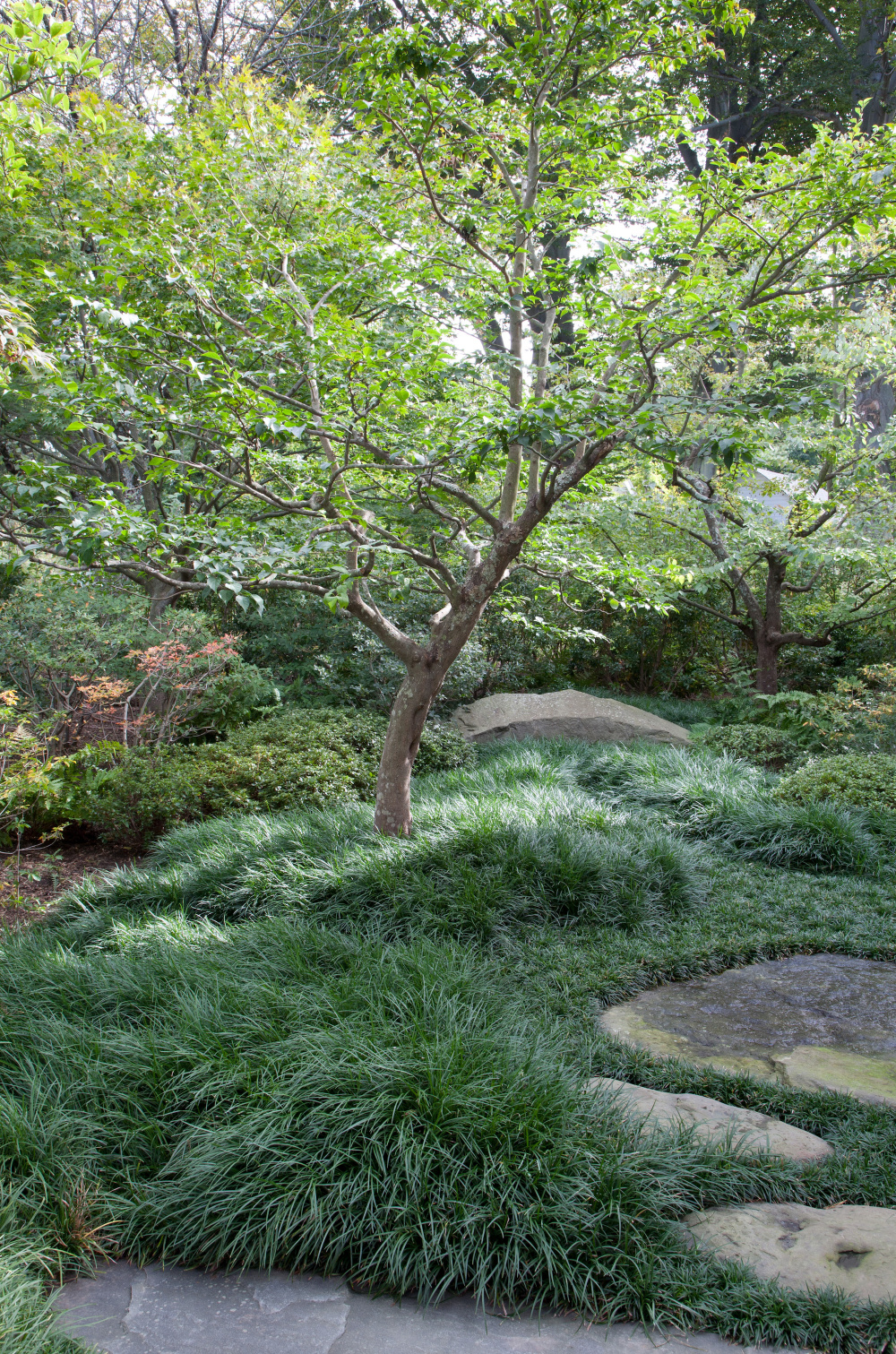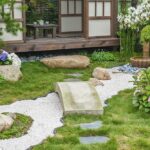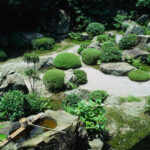Japanese garden design is known for its simplicity, tranquility, and harmony with nature. These gardens are meticulously planned and carefully crafted to create a peaceful and serene environment that inspires contemplation and reflection. One of the key principles of Japanese garden design is the concept of wabi-sabi, which embraces imperfection, impermanence, and simplicity. This philosophy is reflected in the use of natural materials like stone, gravel, and wood, as well as the careful placement of elements to create a sense of balance and harmony.
Water plays a central role in Japanese garden design, with ponds, streams, and waterfalls often included in the landscape. Water is believed to symbolize purity and life, and its presence in a garden can have a calming and soothing effect on visitors. Many Japanese gardens also feature carefully pruned trees and shrubs, as well as strategically placed rocks and stones, to create a sense of tranquility and peace. These elements are often arranged in a way that mimics natural landscapes, such as mountains, rivers, and forests.
Another important aspect of Japanese garden design is the use of symbolism and metaphor. Many elements in a Japanese garden have deeper meanings, such as the use of lanterns to symbolize enlightenment or stepping stones to represent a spiritual journey. These symbolic elements add depth and complexity to the garden, inviting visitors to contemplate their own inner thoughts and emotions as they wander through the space.
In addition to the careful placement of elements and use of symbolism, Japanese garden design also emphasizes the importance of seasonal changes and the passage of time. Many Japanese gardens are designed to evolve and change throughout the year, with the blooming of cherry blossoms in spring, the vibrant green foliage of summer, and the fiery colors of autumn all playing a role in the overall aesthetic. By embracing the changing seasons, Japanese gardens reflect the impermanence of life and the beauty of nature.
Overall, Japanese garden design is a unique and intricate art form that seeks to create a harmonious and contemplative space that reflects the beauty of the natural world. Through the use of simple materials, careful planning, and deep symbolism, Japanese gardens offer visitors a sense of tranquility, balance, and connection to the larger universe. Whether visiting a traditional Japanese garden in Kyoto or experiencing a modern interpretation in a contemporary setting, the principles of Japanese garden design continue to inspire and captivate viewers around the world.
















